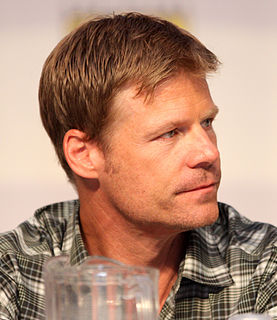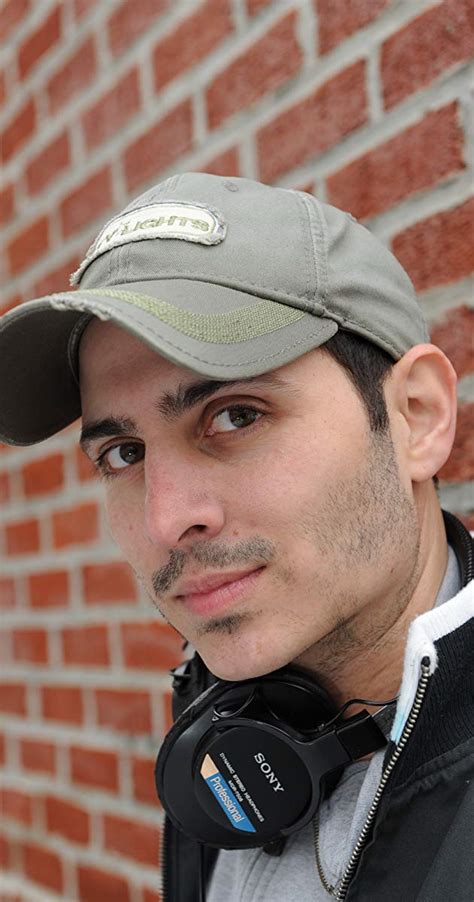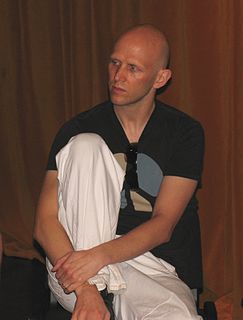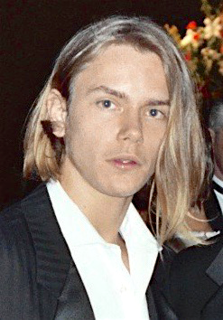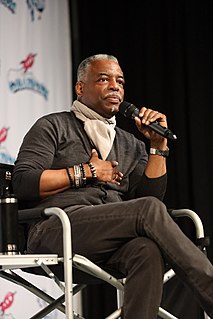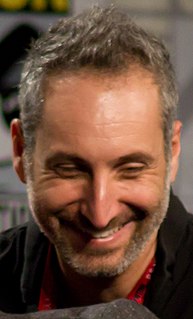A Quote by Andy Serkis
Before I became an actor, I was a visual artist, and I've always hankered for the storytelling behind the camera.
Quote Topics
Related Quotes
Being an actor in TV or movies is different. A film or TV actor, if put in theatre, won't know certain dimensions, while a theatre actor won't know certain things when he comes before the camera. So I think a film actor can learn emoting from this theatre counterpart, while the theatre actor can learn about camera techniques from the film actor.






